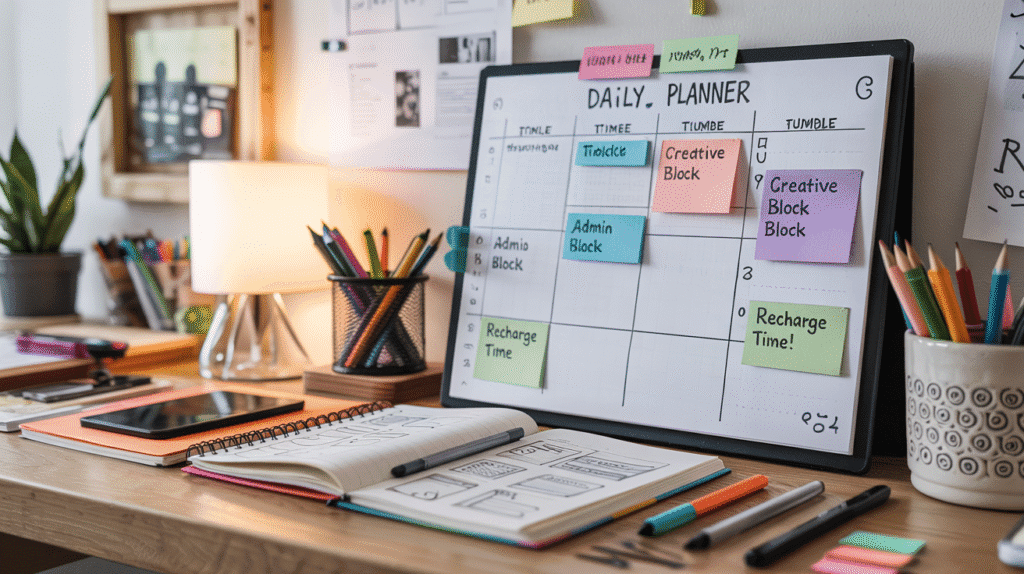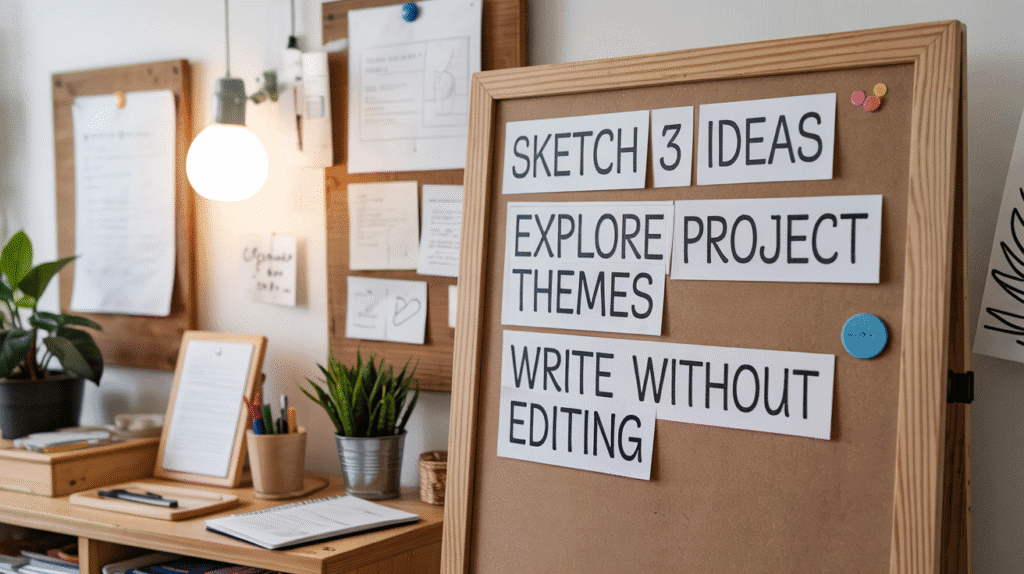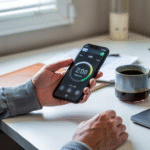Schedules can feel like handcuffs when you’re a creative person.
Strict planning might kill your flow—but zero structure often leads to unfinished projects, missed deadlines, and frustration.
Good news: you don’t have to choose between chaos and control.
You can design a flexible system that supports your creativity without crushing it.
Here’s how to manage your time when traditional schedules don’t work for you.
🧠 Tip #1: Create Flexible Time Containers, Not Rigid Schedules
Instead of scheduling “Write from 8:00 to 9:00 AM,” think:
- ✍️ Morning: Writing Time
- 2 PM–5 PM: Creative Block
- 7 PM onward: Rest/Play/Recharge
Time containers offer rhythm without rigidity.
You get direction without the clock breathing down your neck.

🎨 Tip #2: Match Tasks to Your Natural Energy Peaks
Your creativity isn’t available 24/7—and that’s normal.
🧠 Track your natural highs and lows:
- Morning bursts? Reserve for big creative pushes
- Evening alertness? Save editing or idea exploration for then
- Afternoons sluggish? Handle admin or light tasks
Matching your work to your energy = less forcing, more flowing.
📋 Tip #3: Use Gentle Prompts Instead of Hard Deadlines
Deadlines can trigger dread or perfectionism.
Try gentle prompts like:
- “Explore three ideas” instead of “Finish project”
- “Sketch rough outlines” instead of “Complete masterpiece”
🎯 Prompting encourages action without choking inspiration.

🛋️ Tip #4: Embrace “Creative Warm-Ups”
You don’t have to be brilliant the moment you sit down.
Build in a 10-minute warm-up:
- Free drawing
- Brainstorming without rules
- Listening to inspiring music
🔥 Warming up reduces pressure and helps you slip into the creative zone naturally.
💬 Tip #5: Protect Unstructured Free Time
Some of your best ideas come when you’re not trying.
Schedule real, obligation-free time:
- Wandering
- Playing
- Resting
- Dreaming
🌿 These empty spaces refill your creative well.

Daniel Carter believes that small daily changes lead to extraordinary results. Through simple and effective strategies, he inspires readers to take control of their routines, overcome procrastination, and unlock their full potential.











